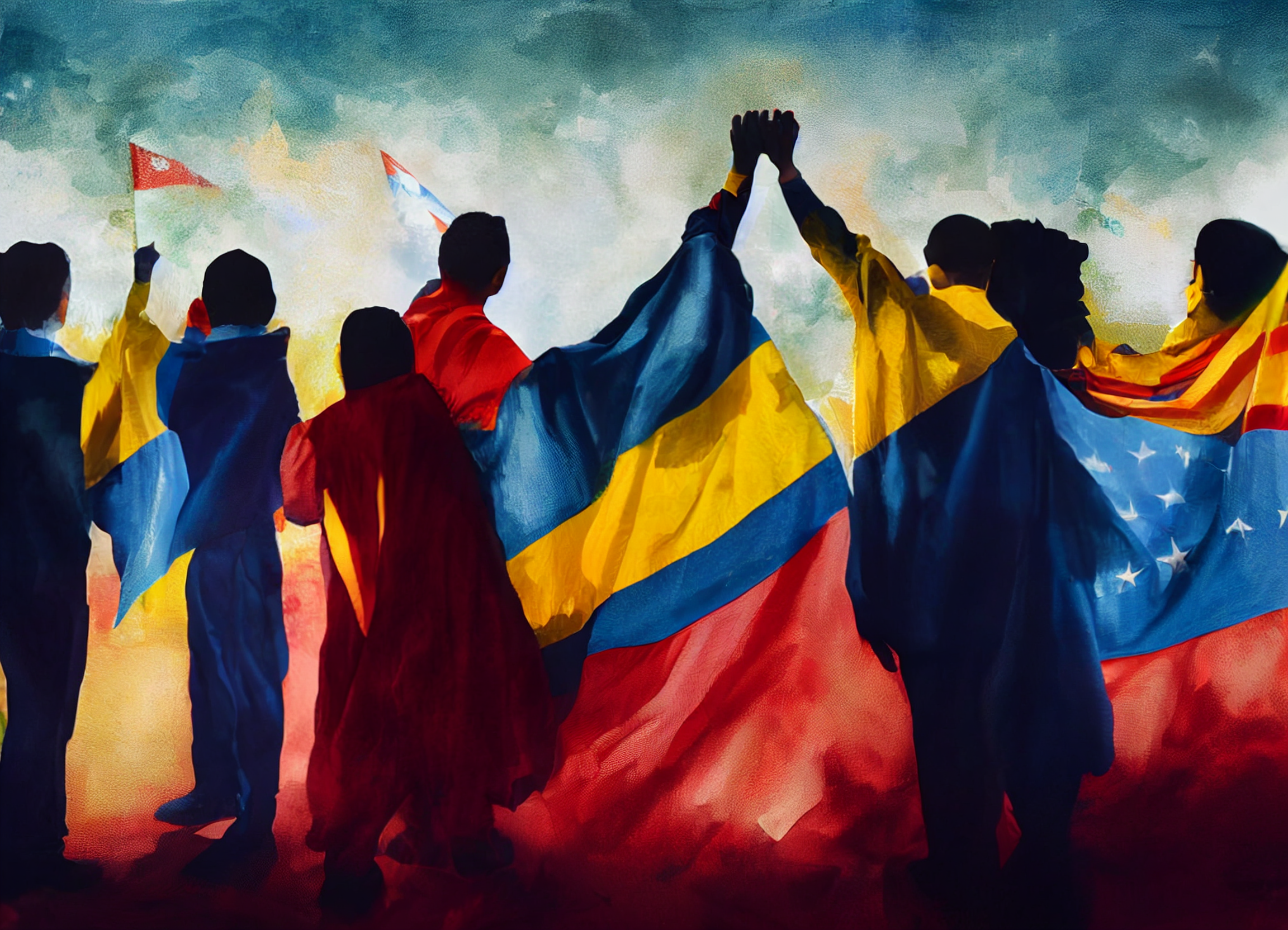The experts note that there has been no sign of any domestic processes against those suspected of violations and calls upon the ICC, in its own work, to confirm if there are any proceedings being conducted against individuals named in the report
Based on their overall findings, the Mission also calls for judicial investigation of President Maduro and the high ranking officials identified in the report in regard to crimes and violations carried out through officials in the counter-intelligence directorate and national intelligence service.
The Orinoco Mining Arc:
The report does not stop there. In a second section the Mission looks at the human rights situation in the Orinoco Mining Arc known for illegal mining and associated abuses and violations against indigenous communities seeking to defend their lands. Indigenous leaders have faced attacks during military operations supposedly designed to control illegal mining but, the Mission suggests, more likely aimed at control of natural resources by the State or allied groups. The Mission has made clear it considers that further investigation is required of the human rights situation in the region.
The Mission and the Human Rights Council:
The Mission will report to the Human Rights Council and participate in an interactive dialogue on 26th September as of 10am CEST. Follow the discussion through UN Web TV.
During this Council session, States are negotiating a resolution to renew the mandate of the Mission and that of the Office of the High Commissioner in regard to the Council.
“The work of the Fact-Finding Mission and OHCHR are both essential in regard to Venezuela,” said Openshaw. “World attention and pressure must be maintained to effect change. The Council must renew both mandates this session to keep that pressure up.”

